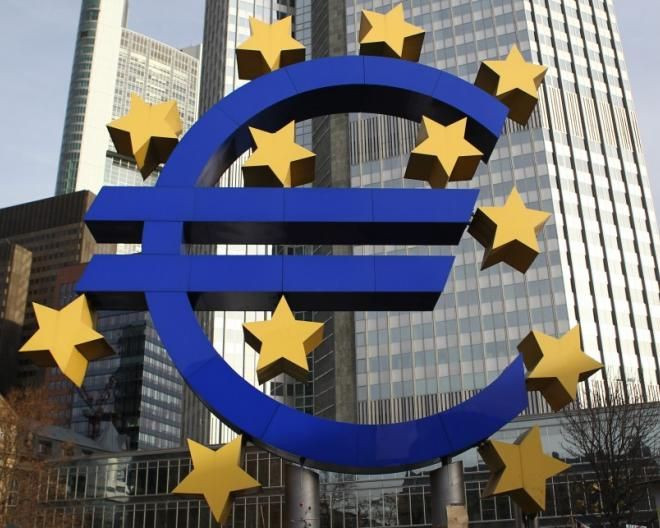Euro Zone Annual Inflation Slowed As Expected In September; EU Trade Deficit Narrowed In August; UK Unemployment Unchanged

Growth in annual inflation in the 17-nation euro zone slowed in line with expectations, to hit 1.1 percent in September, down from 1.3 percent in August, and significantly lower than the 2.6 percent recorded in the corresponding period in September 2012, as the recent rise in the euro against a basket of major currencies weighed on inflation, bringing it below the European Central Bank, or ECB's, target.
However, on a monthly basis, euro zone inflation rose 0.5 percent, in line with expectations and up from 0.1 percent in August, data released on Wednesday by Eurostat, the statistical office of the European Union, showed.
ECB chief Mario Draghi had said on Saturday that the central bank’s projections of 1.5 percent inflation in 2013 and 1.3 percent in 2014 are “completely in line with our baseline scenario,” which “is actually materializing as it’s been foreseen,” MNI News reported. “And there are a series of factors that justify it. Some of them are base effects ... Second, energy effects. Third, food prices. Then there is another factor, which is the exchange rate,” he said. “And then of course there is economic activity. We still foresee a recovery but at weak rates, with unemployment still very high.”
In the European Union, or EU, growth in annual inflation eased to 1.3 percent in September, down from 1.5 percent in August. On a monthly basis, inflation grew by 0.4 percent in September, up from 0.1 percent in August.
Annually, consumer price index, or CPI, increased the most in the UK (2.7 percent), Estonia (2.6 percent) and the Netherlands (2.4 percent), while the lowest annual rates were observed in Bulgaria (-1.3 percent), Greece (-1.0 percent) and Latvia (-0.4 percent). On a monthly basis, annual inflation fell in 17 EU nations, remained stable in eight and rose in three.
The euro zone clocked a trade surplus of 7.1 billion euros in August, up from a surplus of 4.6 billion euros in the corresponding month in 2012, a preliminary estimate from Eurostat showed. The August surplus beat expectations of 6.5 billion euros, but was significantly lower than July’s figure when the region registered a surplus of 18 billion euros.
On a monthly basis, exports in August rose by 1 percent and imports increased by 0.2 percent, according to Eurostat data. EU registered a deficit of 2.8 billion euros in August, down from a deficit of 14.9 billion euros in the same period in 2012, and reversing a surplus of 10.3 billion euros recorded in July. EU exports rose by 0.3 percent on a monthly basis while imports fell by 1.1 percent.
In the UK, the country's unemployment rate for the June-to-August period remained unchanged as expected at 7.7 percent, according to official data released on Wednesday. The Claimant Count Change, which measures the change in the number of people in Britain claiming jobless benefits, fell by 41,700 in September, marking its biggest fall in 16 years, while analysts had expected September’s jobless reading to drop by 25,000. August's claimant count was revised upwards to 41,600, a fall of 9,000 more than first reported.
© Copyright IBTimes 2024. All rights reserved.





















